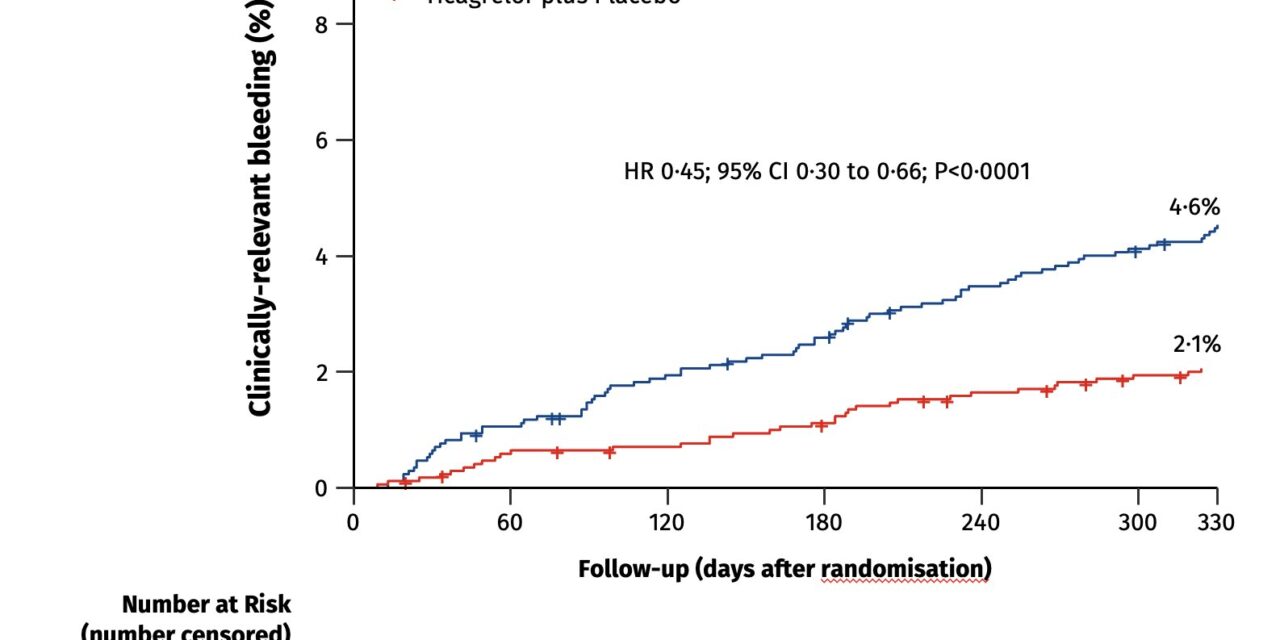April 8, 2024
A groundbreaking clinical trial has challenged the standard practice of prescribing dual antiplatelet therapy (DAPT) to heart patients following percutaneous coronary intervention (PCI), with significant implications for global healthcare guidelines. The ULTIMATE-DAPT study, unveiled at the American College of Cardiology Scientific Sessions, suggests that withdrawing aspirin one month after PCI and maintaining patients on ticagrelor alone can lead to improved outcomes and a substantial reduction in major bleeding incidents.
The findings, published in The Lancet, mark a paradigm shift in the management of high-risk heart patients, particularly those with recent or threatened heart attacks (acute coronary syndromes, or ACS). Led by Dr. Gregg W. Stone, Director of Academic Affairs for the Mount Sinai Health System, the study analyzed data from 3,400 ACS patients across 58 centers in four countries.
The trial’s innovative approach involved randomizing patients one month after PCI, withdrawing aspirin in 1,700 participants, and replacing it with ticagrelor and a placebo. The remaining 1,700 patients continued to receive ticagrelor and aspirin. Over the course of the study, researchers closely monitored participants for bleeding incidents and adverse cardiac events.
The results were striking. Patients in the ticagrelor-placebo group experienced a 55 percent reduction in overall bleeding incidents compared to those in the ticagrelor-aspirin group. Importantly, there was no increase in adverse ischemic events, indicating that withdrawing aspirin did not compromise patient safety.
Dr. Stone emphasized the potential impact of these findings on clinical practice. “It is my belief that it’s time to change the guidelines and standard clinical practice such that we no longer treat most ACS patients with dual antiplatelet therapy beyond one month after a successful PCI procedure,” he stated.
The study’s approach, which utilized a placebo in the ticagrelor-alone group, eliminated bias and provided robust evidence supporting the safety and efficacy of discontinuing aspirin post-PCI. This approach challenges previous assumptions about the necessity of prolonged DAPT therapy, particularly in light of advancements in PCI procedures and stent technology.
Dr. Stone concluded, “Discontinuing aspirin in patients with a recent or threatened heart attack who are stable one month after PCI is safe and, by decreasing serious bleeding, improves outcomes.”
The ULTIMATE-DAPT study represents a significant milestone in cardiovascular research, offering hope for improved treatment strategies and better outcomes for high-risk heart patients worldwide. As healthcare guidelines evolve in response to these findings, patients and healthcare providers alike stand to benefit from more tailored and effective treatment approaches.












